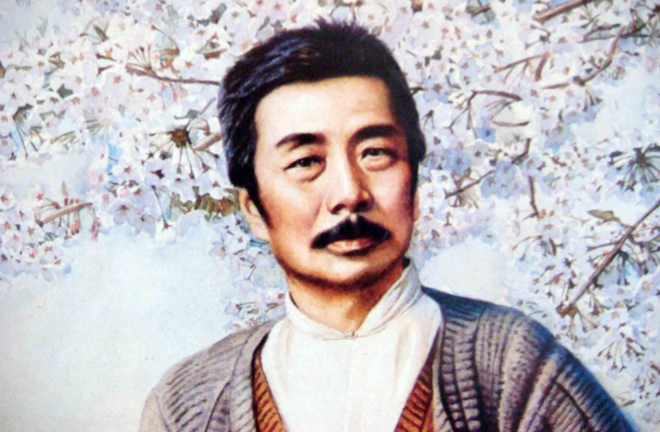Regional literature: Challenges, breakthroughs

Lu Xun(1881-1936), a prominent writer in regional literature creation
Each place has its own way of supporting its inhabitants. Nourished by regional culture, regional literature enriches and extends Chinese literature and constitutes an indispensable part of it. In the history of modern Chinese literature, works by writers as Lao She (1899-1966) and Shen Congwen (1902-1988) provided good models for regional literary writing.
Given the impact of globalization, modern writers live different lives from their ancestors. In particular, regional literature as a whole is more uniform. Confronted with these new challenges, regional literature should be created with broadened horizons and from a global perspective.
Regional culture, literature
In modern literary studies, regional literature generally refers to those literary works containing distinctive characteristics of certain regions. With the success of regional literature, research in this field has become a heated topic in modern literary studies.
Literature is closely connected to the region it comes from. Bai Ye, a research fellow from the Institute of Literature at the Chinese Academy of Social Science, said that writers from different regions were brought up in different cultures. They write with cultural awareness and thus contribute to the diversity of Chinese literature. Similarly, Liu Chuan’e, a professor from the School of Chinese Language and Literature at Hubei University, said that regional culture exerts great influence on regional literature, contending that regional literature is the most vivid form of regional culture.
Wen Fengqiao, a professor from the School of Literature and Journalism at the Ocean University of China, said that regional literature is an indispensable part of Chinese literature and provides literary diversity. Writers’ unique emotional expressions and aesthetic taste are greatly affected and shaped by the culture of the region to which they belong. In addition, regional literature provides more perspectives from which literature can be viewed, and offers new research methods and patterns through which literature can be studied.
Wei Jian, a professor from the College of Literature at Shandong Normal University, said that given that regional culture and literature affect each other, it’s far from enough to notice only the impact of regional culture on literature. Moreover, it should be noted that writers are not only inheritors and eulogists, but also critics of their own home cultures.
Anticipated breakthroughs
“Urbanization brings about more personal expression, yet makes the country and dialects less diverse in terms of the creation of regional literary works,” Liu said. Due to globalization, modern literary stlyes have gone beyond geographical restrictions. Differences in financial status, generations and genders outweigh regional differences as that influence literary creation.
Bai also admitted the changing and fading regional features in literary creations. However, he argued that although most of the prominent writers have left their hometowns and settled in big cities, regional features are still seen in their works. Cases in point are the “Potato School” in Shanxi Province and the “Lotus Lake School” in Hebei Province. Therefore, the emergence of good regional literary works depends on individual writers, not on the environment, which favors the emergence of regional literature. Writers should keep pace with the times while preserving their own cultural identity, he said.
In fact, Chinese writers are not naïve when it comes to cross-regional writing, since many writers in the Republic of China period provided ample experiences. Wei argued that the sense of belonging and cohesion brought about by regional culture is getting more complicated instead of weaker. For example, most writers in the Republican Era parted with their hometown physically but stayed there mentally. They were still devoted to describing their experiences in their birthplace rather than depicting their new lives in the city. Modern writers such as Lu Xun (1881-1936), Shen Congwen and Lao She set good examples in writing good regional literature. On the one hand, they accepted the depth and breadth of the culture of different regions. On the other hand, they are more critical than complimentary about their own regional cultures.
In addition, Liu argued that the presentation of humanity and aesthetic creations outweighs the coarse display of regional culture and dialects. It is not enough to just concentrate on demonstrating regional features while ignoring universal aesthetics, and to write only with a regional awareness, excluding other important elements, such as the times and culture, he said.
Zhang Jie is a reporter at the Chinese Social Sciences Today.
